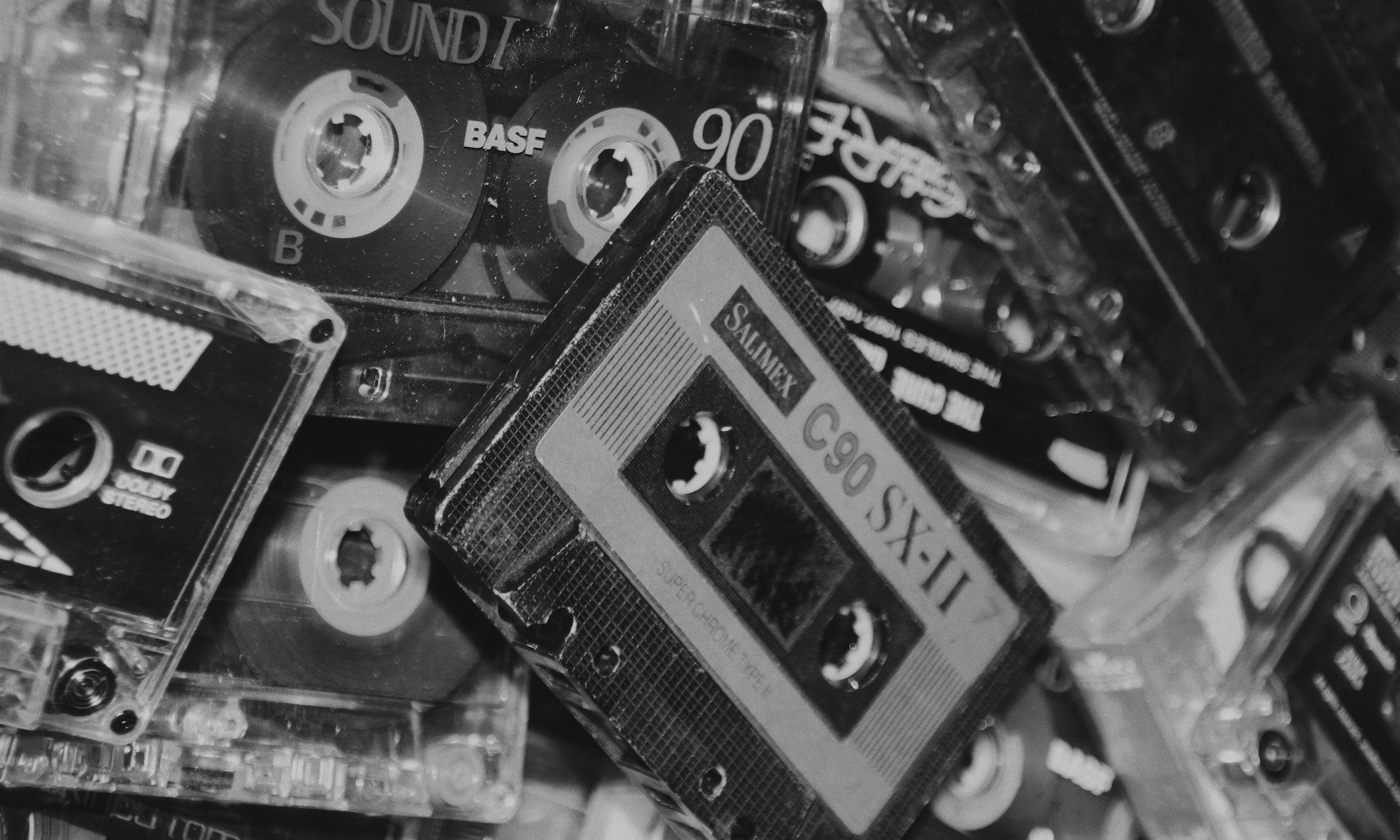One of my mates from high school recently spoke at the TEDx event in Newcastle. Check out Tim Silverwood’s presentation, How did our lives become so plastic? –
I’ve been really challenged over the past year as I’ve followed along with some of Tim’s environmental work to be more deliberate in caring for creation.
In John Stott’s final book, The Radical Disciple, he has a chapter on Creation-Care. As well as Tim’s practical example, I found Stott’s challenge in this chapter to be a firm rebuke for a lack of creation care on my behalf.
Stott has this quote from Chris White with a vision for Christians to take their environmental responsibility seriously:
They choose sustainable forms of energy where possible. They switch off unneeded appliances. They buy food, goods and services as far as possible from companies with ethically sound environmental policies. They join conservation societies. They avoid over-consumption and unnecessary waste and recycle as much as possible.
Here is Stott’s conclusion:
It seems quite inexplicable to me that there are some Christians who claim to love and worship God, to be disciples of Jesus, and yet have no concern for the earth that bears his stamp of ownership. They do not care about the abuse of the earth and indeed, by their wasteful and over-consumptive life-styles, they collude in it.
God intends… our care of the creation to reflect our love for the Creator.
To the LORD your God belong the heavens, even the highest heavens, the earth and everything in it (Deuteronomy 10:14).
Check out the Evangelical Declaration on the Care of Creation, a foundational statement for those engaged in the ministry of creation care.
What are some practical ways that you are seeking to take care of creation?
